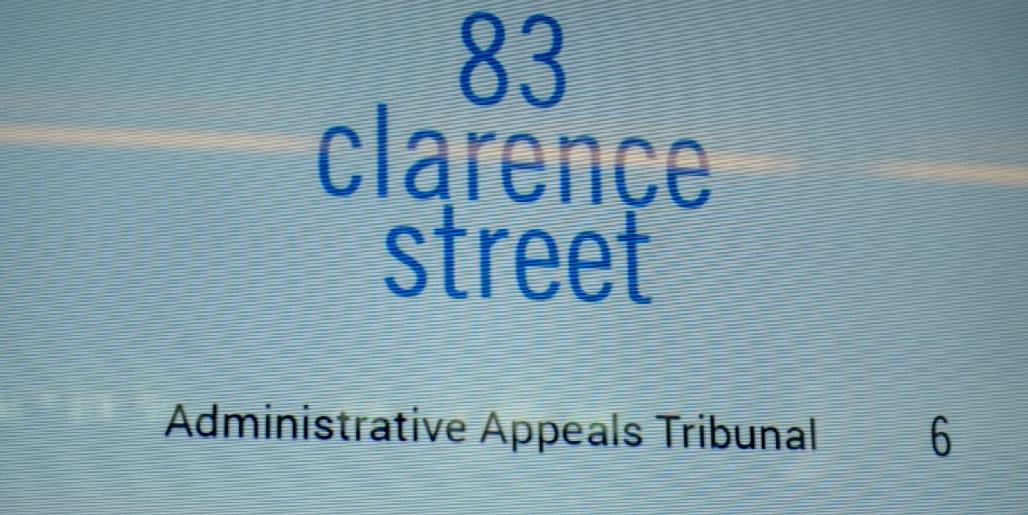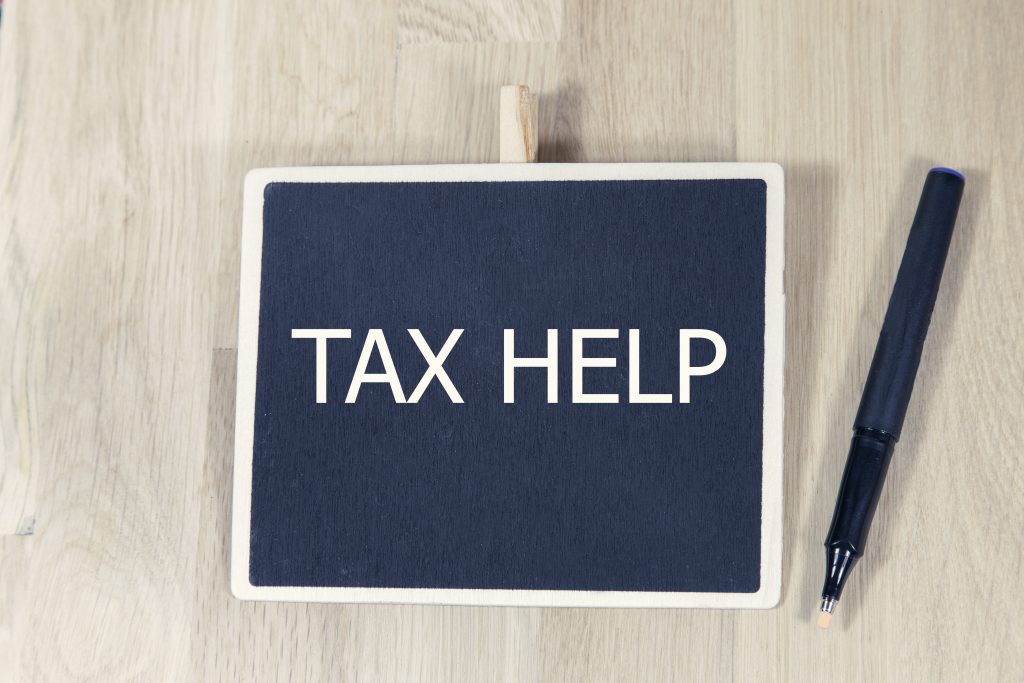TAX DISPUTE RESOLUTION
Looking for Tax Dispute Lawyer? Tax Dispute Resolution Requires a Dedicated Knowledge and Solid Experiences in Law.
Objections

When the review or audit concluded, and after receipt of the amended assessment, the taxpayer has a number of options to choose including:
1. accept the audit adjustments and pay the adjusted tax together with any interest and penalties
2. object to certain adjustments, initiating a dispute between the Tax Office and the taxpayer, and
3. negotiate a settlement in respect of certain adjustments.
However, it is not applicable to delay the payment of additional tax together with any applicable interest and penalties nor stops interest accruing until the dispute is resolved. When a taxpayer objects to an assessment or determination, the Commissioner will generally allow an extension of time for payment until after the objection is determined. However, if the taxpayer’s objection is disallowed, the general interest charge will be calculated from when the amounts originally became due and payable. Thereafter the taxpayer will generally be required to pay the amount outstanding, irrespective of whether or not the dispute is then appealed to the Administrative Appeals Tribunal or the Federal Court. The operation of the policy may facilitate the acceptance of a partial payment made in good faith pending the resolution of the dispute.
The objection must be made within the given time frame, and taxpayers are required to build a reasonably arguable position to successfully object the Commissioner’s assessments.
Negotiated settlements
When a dispute arises between a taxpayer and the Commissioner, the parties may enter into a negotiated settlement before the issues fall to be finally resolved through formal dispute resolution channels, such as the Tribunals and Courts.
 Issues that may become the subject of a negotiated settlement generally arise as a result of a review or audit by the Tax Office. The negotiations will be subject to the Tax Office’s internal procedures, which are outlined in its Code of Settlement.
Issues that may become the subject of a negotiated settlement generally arise as a result of a review or audit by the Tax Office. The negotiations will be subject to the Tax Office’s internal procedures, which are outlined in its Code of Settlement.
Negotiated settlements generally relate to the application of the law to a specific set of facts which are peculiar to the taxpayer. On this basis, a negotiated settlement will not be viewed by the Tax Office as a departure from the law, but merely an agreement to disagree on whether the facts properly fall within the law.
The ability of a taxpayer to meet the possible tax liability will not be a relevant factor for the Tax Office in determining whether to pursue a dispute or enter into a negotiated settlement. However, it may be relevant in making payment arrangements or in determining the extent to which audits and objections will be issued or continued. If possible, the terms on which the negotiated sum must be paid should form part of the negotiated settlement. The benefit of delaying or spreading out the payment of tax liability overtime may be considerable.
Remission of penalties

The remission of additional tax by the Tax Office is generally not a negotiation point. However, in practice, when the deductibility or assessability of an item is in dispute, a negotiated settlement in relation to the item may take into account any possible additional tax payable under the tax shortfall provisions. When a taxpayer is negotiating with the Tax Office, any possible penalties should be taken into account.
Prosecutions
As a matter of policy, a threat of prosecution or the imposition of penalties may not be used by the Tax Office as a lever to achieve a negotiated settlement. As a matter of law, the Tax Office does not have the authority to make the possibility of prosecution or the imposition of penalties a condition of any negotiated settlement. Settlements and prosecutions are separate and the decision of whether to prosecute is the responsibility of the Director of Public Prosecutions.
As a practical matter, when the Commissioner does not intend to prosecute a taxpayer, the taxpayer may be informed. Notwithstanding, the taxpayer should be advised that this position is not binding on the Commissioner, and may be reconsidered in the event that more information comes to light. Although a taxpayer may seek to raise issues of estoppel or natural justice should the Commissioner change his position with respect to prosecution, these would be unlikely to be successful.
A Tax Dispute arises where a taxpayer disagrees with the decision of the Commissioner of Taxation. To challenge the decision, you need to have a team of tax experts who fully understand the procedural side of law and of cause the tax matter in dispute. Objection, appealing to the Administrative Appeals Tribunal and/or challenge to the Federal Court are all part of the consideration.
